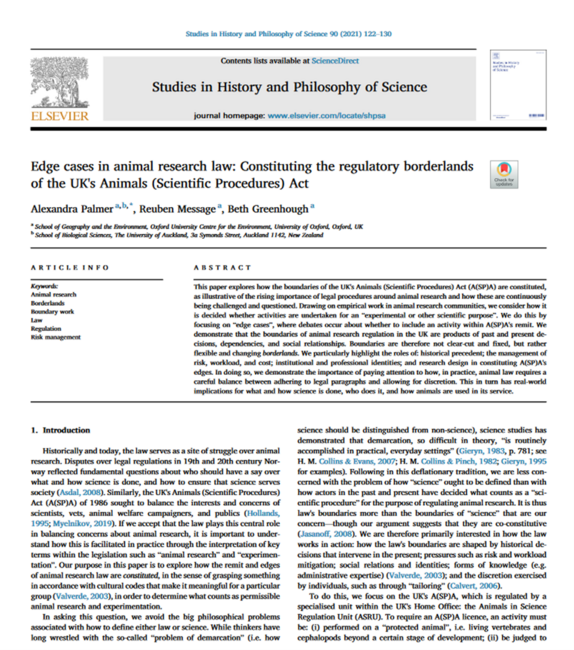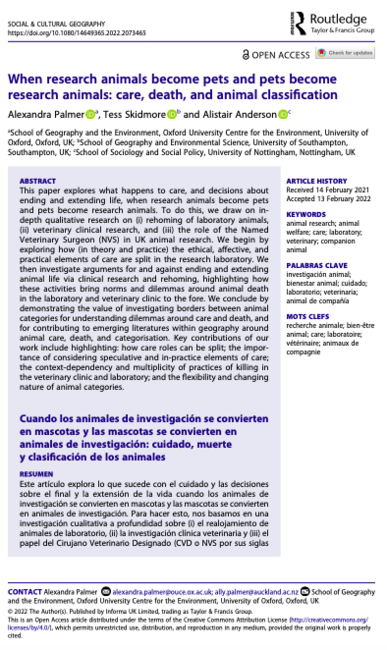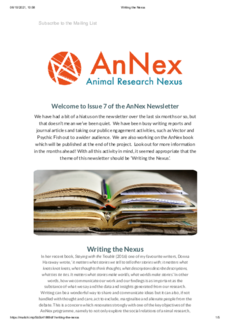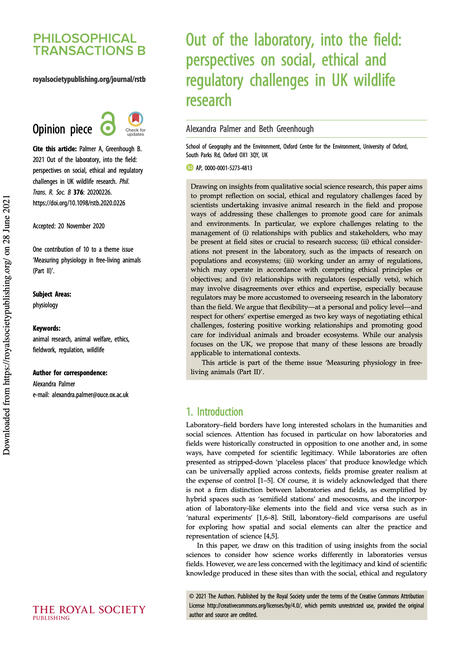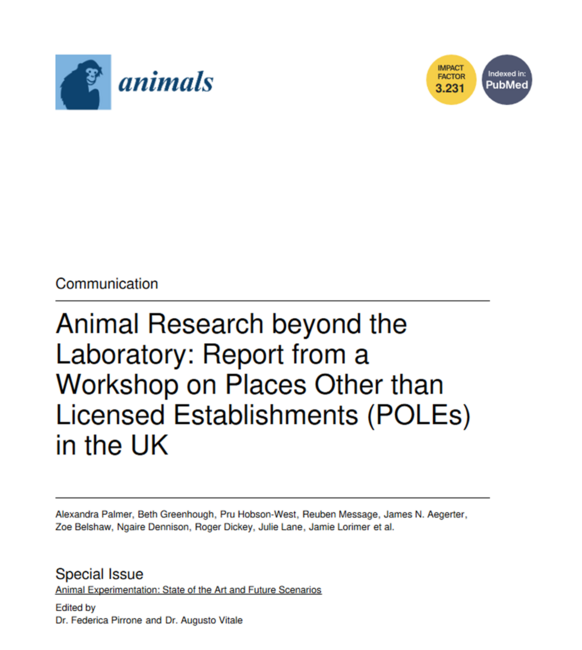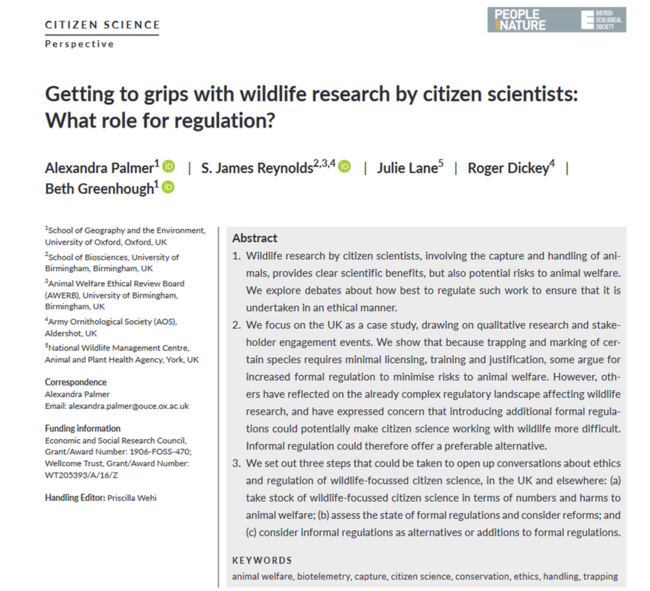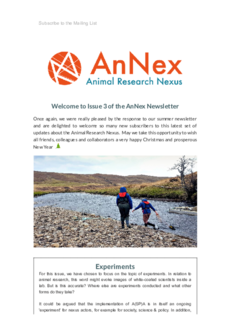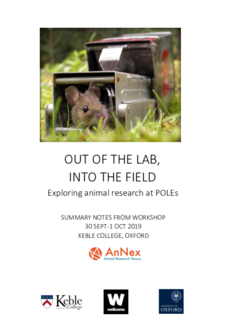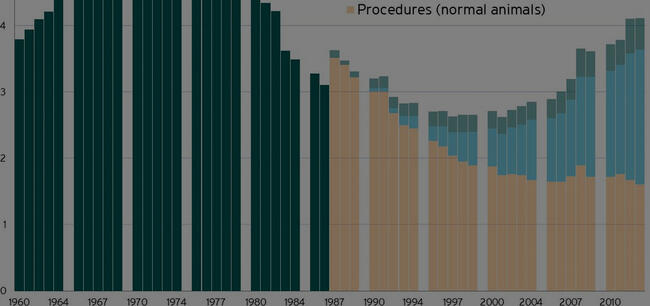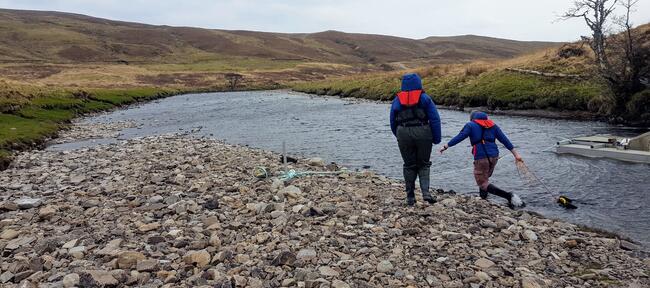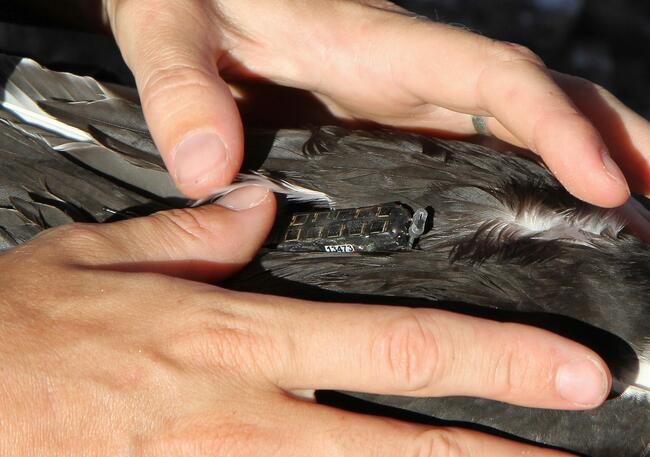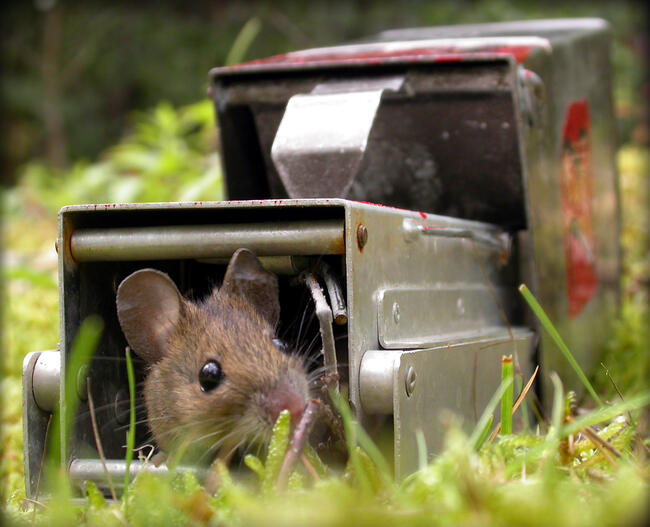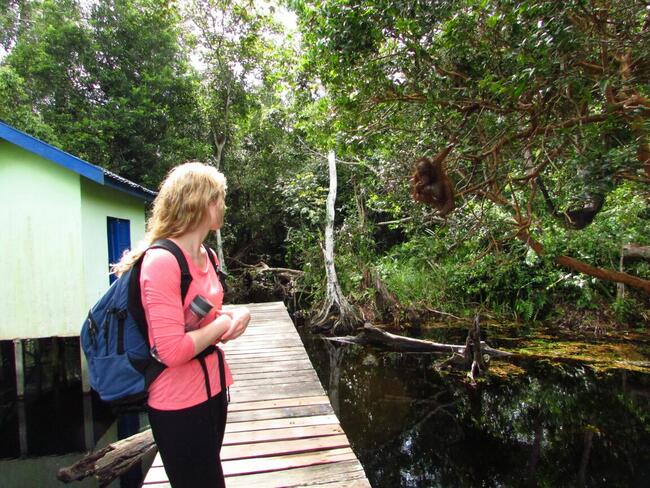Places Other than Licensed Establishments (POLES)
Publications
Historically and today, the law serves as a site of struggle over animal research. The UK's Animals (Scientific Procedures) Act (A(SP)A) of 1986 sought to balance the interests and concerns of scientists, vets, animal welfare campaigners, and publics. If we accept that the law plays this central role in balancing concerns about animal research, it is important to understand how this is facilitated in practice through the interpretation of key terms within the legislation such as “animal research” and “experimentation”. Our purpose in this paper is to explore how the remit and edges of animal research law are constituted, in the sense of grasping something in accordance with cultural codes that make it meaningful for a particular group, in order to determine what counts as permissible animal research and experimentation.
This paper explores what happens to care, and decisions about ending and extending life, when research animals become pets and pets become research animals. To do this, we draw on in- depth qualitative research on (i) rehoming of laboratory animals, (ii) veterinary clinical research, and (iii) the role of the Named Veterinary Surgeon (NVS) in UK animal research. Key contributions of our work include highlighting: how care roles can be split; the impor- tance of considering speculative and in-practice elements of care; the context-dependency and multiplicity of practices of killing in the veterinary clinic and laboratory; and the flexibility and changing nature of animal categories.
Drawing on insights from qualitative social science research, this paper aims to prompt reflection on social, ethical and regulatory challenges faced by scientists undertaking invasive animal research in the field. We explore challenges relating to the management of (i) relationships with publics and stakeholders; (ii) ethical considerations not present in the laboratory; (iii) working under an array of regulations; and (iv) relationships with regulators (especially vets). We argue that flexibility—at a personal and policy level—and respect for others’ expertise emerged as two key ways of negotiating ethical challenges, fostering positive working relationships and promoting good care for individual animals and broader ecosystems.
Animal research conducted outside of the laboratory faces various unique challenges, but has received only limited attention in terms of official guidelines, support, and statistics. To improve understanding, we held a workshop bringing together experts familiar with a variety of nonlaboratory animal research contexts (e.g., wildlife field sites, farms, fisheries, veterinary clinics, zoos). We collectively identified five key areas that we propose require further discussion and attention, which we present in this paper. While the workshop focused on research in the UK, our conclusions may have implications for similar work overseas.
Citizen science involves participation by members of the public in scientific research. In wildlife research, citizen scientists might be involved in the capture and handling of animals (e.g. via trapping, marking, and the use of tracking devices). Such work provides clear scientific benefits. However, it also comes with risks, including those to animal welfare. In this perspective piece we explore current regulations and questions around how best to regulate this work in order to ensure that it is undertaken in an ethical manner. We do this by drawing on qualitative social science research and stakeholder consultation with researchers, citizen scientists, and regulators in the UK.
These notes summarise some key topics of conversation at the workshop 'Out of the lab, into the field: Exploring animal research at POLEs', held on the 30th Sept-1st Oct, 2019, at Keble College, Oxford. Please feel free to share these notes with your colleagues and wider networks.
Blog entry
In AnNex projects Species and Spaces (S&S) and Markets and Materials (M&M), we have devoted much
Social scientists and historians have long observed that laboratory and field research are rather different (e.g., Gieryn, 2006; Kohler, 2002).
Can animals volunteer to participate in research? If so, what does volunteering look like, and what does it mean for animal welfare?
Events
Citizen science is a fundamental contributor to wildlife research in the UK but its regulation can be complex.
What kinds of ethical and practical challenges do wildlife researchers face? How do these challenges compare with those faced by researchers working with laboratory animals?
Announcements
We are delighted to announce that Ally Palmer joined the Animal Research Nexus team based at Oxford University in July 2018. Ally is an anthropologist who recently completed her PhD on conflicts around orangutan rehabilitation.
